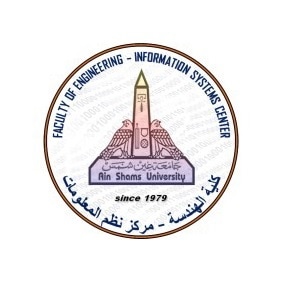Supply Chain Workshop |
Instructor
|
Registration Status
|
Course Description:
This course expands on the components of logistics systems and further develops the importance of the supply chain in a firm's success. You will be introduced to forecasting and demand management, procurement and purchasing, benchmarking supply chain performance and the role of information technology in making supply chain decisions.
Course Content:
Learning Objectives:
Upon successful completion of this course, students will have reliably demonstrated the ability to: 1. Identify the goal of a supply chain, and evaluate the impact of supply chain decisions on the success of a firm. 2. Categorize the performance measures that are relevant to a supply chain. 3. Examine the role of forecasting as a basis for supply chain planning, and create a time series forecast using moving averages, exponential smoothing, and regression. 4. Explain the "bullwhip effect", and illustrate through examples, the flow of material between supply chain partners. 5. Compare the major applications of supply chain information technology.
This course expands on the components of logistics systems and further develops the importance of the supply chain in a firm's success. You will be introduced to forecasting and demand management, procurement and purchasing, benchmarking supply chain performance and the role of information technology in making supply chain decisions.
Course Content:
- Objectives of a supply chain - Drivers of supply chain performance.
- Benchmarking supply chain performance.
- Demand management and forecasting.
- Supplier scoring and assessment.
- Contracts for product availability and supply chain profits.
- Role of information technology in a supply chain.
- Six Sigma, and Lean Manufacturing, and their impact on supply chains.
Learning Objectives:
Upon successful completion of this course, students will have reliably demonstrated the ability to: 1. Identify the goal of a supply chain, and evaluate the impact of supply chain decisions on the success of a firm. 2. Categorize the performance measures that are relevant to a supply chain. 3. Examine the role of forecasting as a basis for supply chain planning, and create a time series forecast using moving averages, exponential smoothing, and regression. 4. Explain the "bullwhip effect", and illustrate through examples, the flow of material between supply chain partners. 5. Compare the major applications of supply chain information technology.

